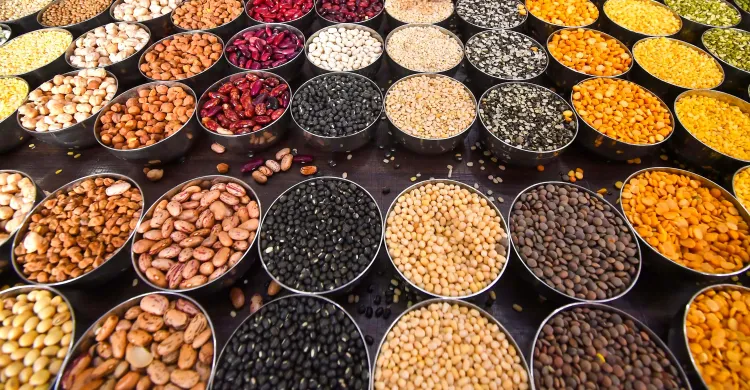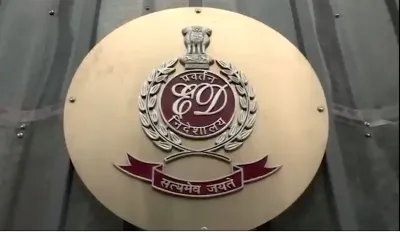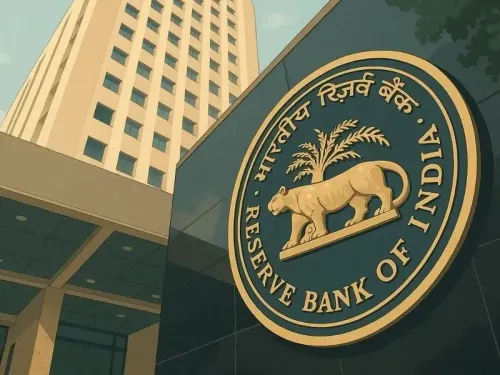Government Vigilantly Monitoring Prices of 38 Essential Food Items to Curb Inflation

New Delhi, Dec 26 (NationPress) The Centre's Department of Consumer Affairs is closely monitoring the prices of 38 food commodities such as cereals, pulses, vegetables, edible oils, and spices to manage price volatility, according to an official statement released on Thursday.
The retail sale of chana, moong, and masur Bharat Dal brands at subsidized prices is being conducted to guarantee the availability of essential food items to consumers at affordable rates, the statement mentioned.
Interventions are also being carried out through the Price Stabilisation Fund Scheme to supply subsidized onions and tomatoes to consumers, thereby alleviating the inflation burden.
The Price Monitoring Division supervises the daily monitoring of essential food commodity prices and the associated stabilisation measures. The Department gathers daily retail and wholesale prices of 22 essential commodities and retail prices of an additional 16 commodities from 555 price reporting centres via a mobile application called Price Monitoring System (PMS), as stated.
These daily price updates provide crucial data for making decisions aimed at reducing price hikes, market intervention, adjusting import-export duties, and fine-tuning monetary policy.
Through the Price Stabilisation Fund, the government engages in market interventions to mitigate price fluctuations in agricultural and horticultural commodities such as onions, potatoes, tomatoes, and pulses to safeguard consumer interests.
Market interventions mainly involve the procurement of these commodities for buffer stock and executing strategic market disposals to stabilize prices. Buffer stocking also serves as a deterrent against unethical speculation. The acquisition of agricultural and horticultural commodities ensures that farmers receive fair prices for their produce, the statement highlighted.
The Price Stabilisation Fund was established with an initial corpus of Rs 500 crore to address price fluctuations in certain agricultural commodities like onions, potatoes, and pulses to protect consumer interests. These commodities are procured from farmers or farmers’ associations at harvest time and stored for regulated release during off-seasons to help lower prices. The PSF Scheme has now been integrated into other components of the PM-AASHA scheme by the Department of Agriculture and Farmers Welfare. Therefore, the PSF is now part of the PM-AASHA umbrella scheme.
Nonetheless, the PSF Scheme will continue to be managed by the Department of Consumer Affairs for price stabilisation interventions and daily price monitoring.
As per the statement, special measures are being implemented in the North-Eastern states to enhance the production of pulses and horticultural crops, with the government also initiating efforts to achieve self-sufficiency in pulses production by 2027.










